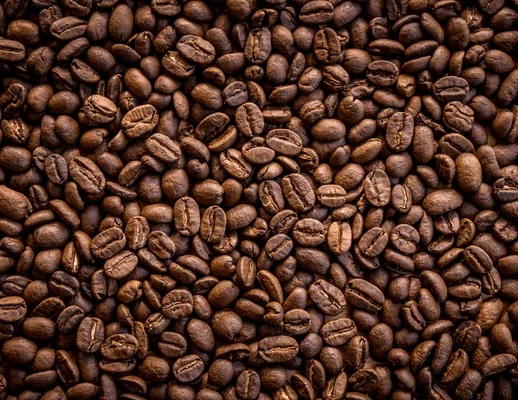Natural caffeine is the type of caffeine that is found naturally in plants. It is a stimulant that works by blocking the effects of adenosine, a neurotransmitter that makes you feel tired. By blocking adenosine receptors, caffeine keeps you alert and awake.
Natural caffeine is found in a variety of plants, including:
- Coffee beans (Coffea arabica and Coffea robusta)
- Tea leaves (Camellia sinensis)
- Cocoa beans (Theobroma cacao)
- Guarana berries (Paullinia cupana)
- Yerba mate (Ilex paraguariensis)
- Kola nuts (Cola acuminata)
- Yaupon holly (llex vomitoria)
The amount of caffeine in each plant varies, and the caffeine content of foods and drinks made from these plants can also vary depending on the preparation method.
For example, a cup of brewed coffee typically contains about 95-200 mg of caffeine, while a cup of decaffeinated coffee contains about 3-12 mg of caffeine.- Natural caffeine is also often added to foods and drinks, such as energy drinks, soft drinks, and chocolate bars.
Health Benefits of Natural Caffeine
- Increased alertness and focus
- Improved mood and energy levels
- Reduced Fatigue
- Enhanced physical performance
- Improved cognitive function
- Reduced risk of type 2 diabetes
- Reduced risk of Parkinson’s disease and Alzheimer’s disease
- Potential risks of natural caffeine
Caffeine is generally safe for most people when consumed in moderation. How- ever, too much caffeine can cause side effects such as anxiety, insomnia, headaches, and jitteriness.
Botanical description of natural caffeine:
- Natural caffeine is a bitter, white crystalline purine alkaloid that is found in the seeds, Fruits, nuts, or leaves of some plants native to Africa, East Asia, and South America.
- The caffeine molecule is made up of eight carbon atoms, four nitrogen atoms, and Four oxygen atoms. It is closely related to other purine alkaloids such as the-anine and theobromine, which are also found in plants.
- Caffeine is a stimulant that works by blocking the effects of adenosine, a neurotransmitter that makes you feel tired. By blocking adenosine receptors, caf- Feine keeps you alert and awake.
The chemical constituents of natural caffeine are carbon, hydrogen, nitrogen, and oxygen.
- Caffeine is a purine alkaloid, which means that it is related to the purine bases adenine and guanine, which are found in DNA and RNA. Caffeine is also a stimulant, which means that it increases alertness and wakefulness.
- Caffeine is found in a variety of plants, including coffee beans, tea leaves, cocoa beans, guarana berries, and yerba mate. The amount of caffeine in each plant varies, and the caffeine content of foods and drinks made from these plants can also vary depending on the preparation method.
- For example, a cup of brewed coffee typically contains about 95-200 mg of caffeine, while a cup of green tea typically contains about 28 mg of caffeine.
Other chemical constituents found in natural caffeine-containing plants include:
- Tannins: Tannins are compounds that give coffee, tea, and other beverages their bitter taste. They also have antioxidant and anti-inflammatory properties.
- Theophylline: Theophylline is another stimulant alkaloid found in tea and coffee. It is also used as a medication to treat asthma and other respiratory conditions.
- Theobromine: Theobromine is a stimulant alkaloid found in chocolate. It is less potent than caffeine, but it can still have a stimulating effect.
- L-theanine: L-theanine is an amino acid found in tea. It has a calming effect and can help to reduce anxiety.
Natural caffeine is a complex molecule with a number of different chemical constituents. These constituents contribute to the unique flavor and effects of caffeine-containing foods and drinks.

